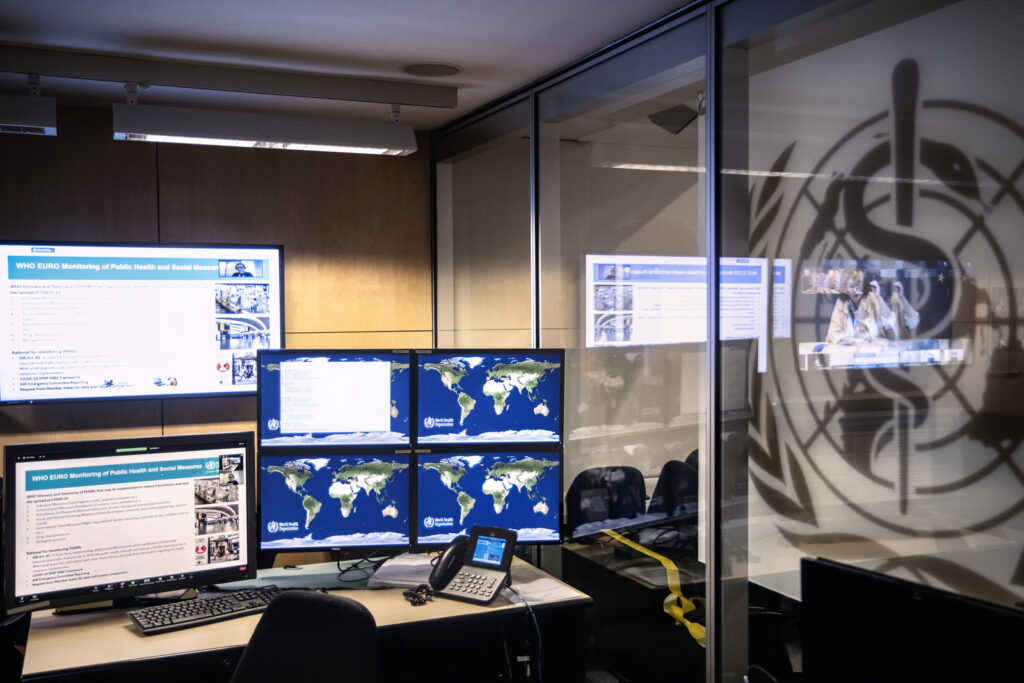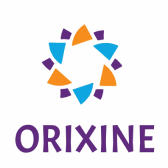
The COVID-19 pandemic revealed a stark truth about public health systems around the world: no country, regardless of its resources, is fully prepared to manage a global health emergency without significant coordination and collaboration. In Nigeria, where diseases like Lassa fever, cholera, and Ebola are persistent threats, the pandemic only underscored the urgency of building a stronger, more integrated approach to health security.
Public health is no longer just a health issue; it is a matter of national security. Disease outbreaks not only overwhelm medical facilities but disrupt economies, erode public trust in government institutions, and heighten vulnerabilities in a country already dealing with other challenges. Nigeria must recognise that its current public health surveillance and response systems, however well-intentioned, are fragmented. More troubling, this fragmentation often leaves the country ill-equipped to respond effectively to fast-moving health threats. There is a crucial gap in how Nigeria gathers and uses data to make decisions when these threats arise.
A solution lies in collaborative surveillance—a model that transcends institutional silos by integrating health and security sectors into one cohesive system. As a leading model, the World Health Organization’s (WHO) Pandemic Intelligence Hub offers an instructive blueprint for Nigeria to follow. The WHO Hub facilitates real-time data sharing and collective action, bringing together governments, public health authorities, and research institutions to track and respond to emerging health threats more effectively. Nigeria must replicate this system at home.
The Office of the National Security Adviser (ONSA), as the body responsible for Nigeria’s national security, is uniquely positioned to oversee a National Epidemic Intelligence Hub. This Hub would serve as a centralised platform, integrating data from health agencies like the Nigeria Centre for Disease Control (NCDC) with intelligence from law enforcement and security agencies. In doing so, it would address one of the most significant weaknesses in Nigeria’s current system: the inability to pool information across sectors in real-time.
While existing health institutions such as the NCDC, the Federal Ministry of Health and the Port Health Services play important roles in disease monitoring and control, their efforts often lack the coordination necessary to respond efficiently to crises – the COVID-19 Pandemic is a case in point. At the same time, security agencies—whose roles are essential in securing borders, managing lockdowns, and controlling outbreaks—are frequently excluded from health surveillance discussions. This disconnect weakens both Nigeria’s health security and its ability to safeguard its citizens. A national intelligence hub would close this gap, fostering collaboration between health experts and security forces to create a unified, efficient response.
Data integration is the cornerstone of such an effort. Currently, Nigeria’s health surveillance relies heavily on siloed systems that make it difficult to get a complete, accurate picture of ongoing threats. Each agency, whether it is NCDC or Port Health, gathers and stores data in isolation. This creates significant delays in decision-making, which can prove catastrophic during a pandemic or health emergency. The National Epidemic Intelligence Hub would serve as a repository of shared data, accessible to all relevant stakeholders in real-time, thus allowing for quicker, more informed responses to outbreaks.
One of the most glaring failures of the COVID-19 pandemic was the lack of coordinated intelligence sharing between sectors. Local health departments often found themselves isolated from national security efforts, while police and military forces were deployed with little understanding of the public health strategy. A centralised intelligence platform could have mitigated these issues, ensuring that all sectors of government were working with the same information and toward the same objectives.
Moreover, the integration of real-time data would allow for predictive analytics to play a role in Nigeria’s health security efforts. Through the use of artificial intelligence (AI) and big data technologies, an epidemic intelligence hub could forecast potential outbreaks, allowing the government to pre-emptively address vulnerabilities before they spiral into full-blown crises. By drawing from diverse sources—such as health records, environmental data, and even social media—the system could issue early warnings about emerging threats, giving health and security agencies a crucial “head start” in mitigating risk.
The WHO Pandemic Intelligence Hub has demonstrated the power of such technology, using AI to sift through vast amounts of surveillance data, identifying trends, and generating early alerts. Nigeria, a country where infectious diseases often emerge from zoonotic interactions between humans and animals, could particularly benefit from this kind of predictive capacity. Given the porous nature of Nigeria’s borders and the frequent movement of people and goods, having the ability to predict and prevent outbreaks before they reach critical levels is not merely a public health imperative—it is a national security necessity.
However, data and technology alone cannot solve the problem. At the heart of the collaborative surveillance model is cross-sectoral collaboration—the recognition that public health threats cannot be addressed solely by medical professionals or government health departments. Health security requires the involvement of security, environmental experts, agricultural authorities, and local communities. The National Epidemic Intelligence Hub would formalise this collaboration, ensuring that all relevant actors are part of a coordinated response system, each bringing their unique expertise to bear on managing health risks.
This is where the ONSA’s leadership is essential. As the entity responsible for coordinating Nigeria’s security efforts, the ONSA is best placed to bridge the gap between health agencies and security. By overseeing the hub, the ONSA could ensure that national security remains a central consideration in public health strategies, particularly in situations where threats like bioterrorism are possible.
Critics might argue that creating such a hub could result in an overreach of security agencies into public health matters, raising concerns about civil liberties and privacy. However, the role of the National Epidemic Intelligence Hub would not be to supplant the existing mandates of health agencies but to support them. Public health agencies would remain responsible for medical responses and health policies, while the hub would facilitate better coordination between these agencies and security forces. Importantly, the hub would operate within strict data privacy frameworks, ensuring that sensitive health information is protected and used solely for managing health emergencies.
In this way, the National Epidemic Intelligence Hub would not only strengthen Nigeria’s ability to respond to future health crises but would also serve as a model of how public health and security sectors can collaborate without compromising the integrity of either. The COVID-19 pandemic has taught the world a harsh lesson: delayed responses cost lives. Nigeria cannot afford to repeat this mistake. Establishing an epidemic intelligence hub within the ONSA is a proactive step toward ensuring that the country is better prepared to detect, prevent, and respond to future health threats.
The need for such a system is not hypothetical. Lassa fever, for instance, is an endemic disease in Nigeria, claiming lives each year with limited national and global attention. Cholera, Ebola, and other infectious diseases also persistently challenge Nigeria’s health infrastructure. The time to act is now, before the next pandemic or major health crisis hits.
The establishment of a National Epidemic Intelligence Hub would ensure that Nigeria is not merely reacting to health threats but actively anticipating them. As a nation, we must move beyond piecemeal responses and build a system that is resilient, integrated, and ready to tackle the health security challenges of the future.
Disclaimer:
The opinions expressed in this article are solely those of the author(s) and do not necessarily reflect the views of any affiliated organisations, government bodies, or institutions.
Written by Arome Audu, Executive Director, Orixine Consulting . Additional contributions by Aniekan Akpan and Edidiong Paul
